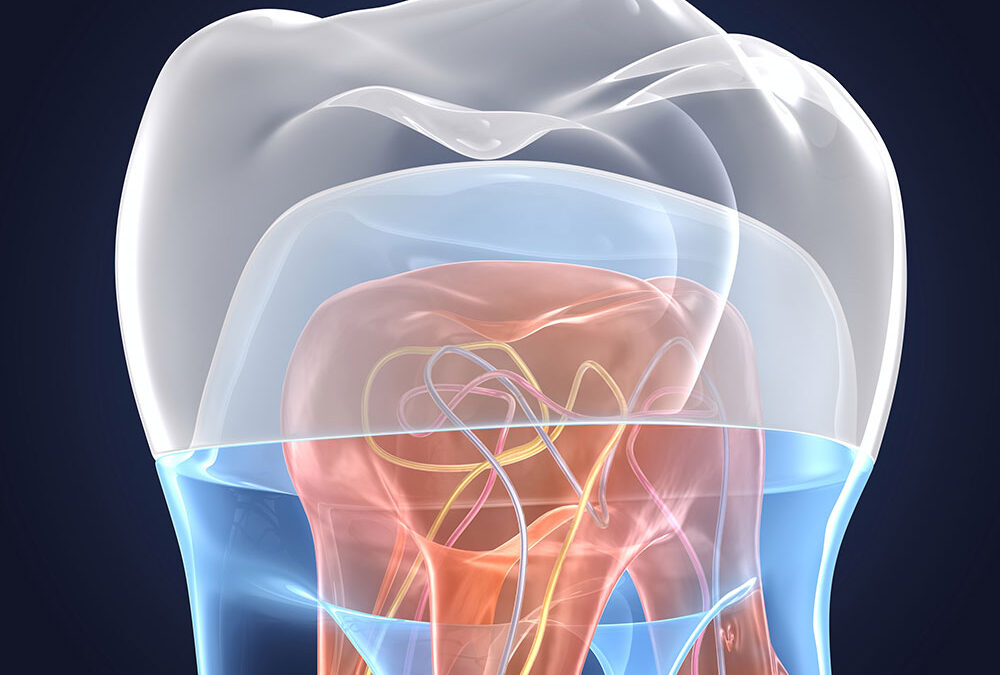Sometimes referred to as a “cap,” a dental crown is perhaps the second most commonly used dental restoration behind a dental filling. Crowns are incredibly versatile and can improve a tooth’s durability, longevity and appearance. There are a wide variety of reasons why a dental crown may be recommended.
What is a dental crown?
A dental crown is a full coverage cap, typically made of porcelain but can also be made from metal, gold or ceramic, that gets fitted and bonded on top of your natural tooth and root. A crown encircles the entire tooth, covering the top, front, back and sides down to the gum line. A dental crown will look and function like your natural enamel.
Are dental crowns necessary?
Due to the versatility of dental crowns, they are recommended and used for various reasons.
To improve the appearance of a tooth or teeth
Like dental veneers, dental crowns can change a tooth’s shade, shape and size, improving its appearance. Crowns are often used in “smile makeovers” to give you the smile of your dreams.
For tooth chips/cracks/fractures
When a tooth has been damaged in some way, a dental crown may be recommended to add stability.
For teeth with large cavities or failing fillings
If a cavity gets close to the nerve of a tooth, sometimes a dental filling just won’t cut it, and a crown will need to be used. Teeth with large cavities and dental fillings are also more fragile and prone to breaking.
For teeth with root canal treatment
If a tooth has been restored with root canal treatment, the nerve of the tooth is essentially “dead,” causing the tooth to be more fragile and susceptible to breaking. A dental crown will be recommended to add stability and prevent the tooth from breaking.
What is the dental crown procedure?
Because a dental crown gets bonded on top of your natural tooth and root, some of your enamel will have to be polished away to make space for the crown. Any decay and old filling material will also be removed. Impressions will be taken once the tooth is polished down and sent to a lab, where the crown will be fabricated. It will be made specifically for your mouth to act and function like your natural tooth. While the permanent crown is being made (which typically takes a week), a temporary crown will be placed. After a week, the permanent crown will be fit in, bonded on and adjusted as necessary.
How to care for a dental crown
Be sure to maintain excellent oral hygiene. Teeth with crowns can still get cavities around the margins, so be sure to brush and floss it just like your other teeth. You can also use an antibacterial mouthwash to prevent gum inflammation and cavities. The life span of a dental crown is around ten years, but it could be longer when proper oral care is provided.
If you have any questions about dental crowns or believe you may be a candidate for one, contact us today to schedule a consultation.

